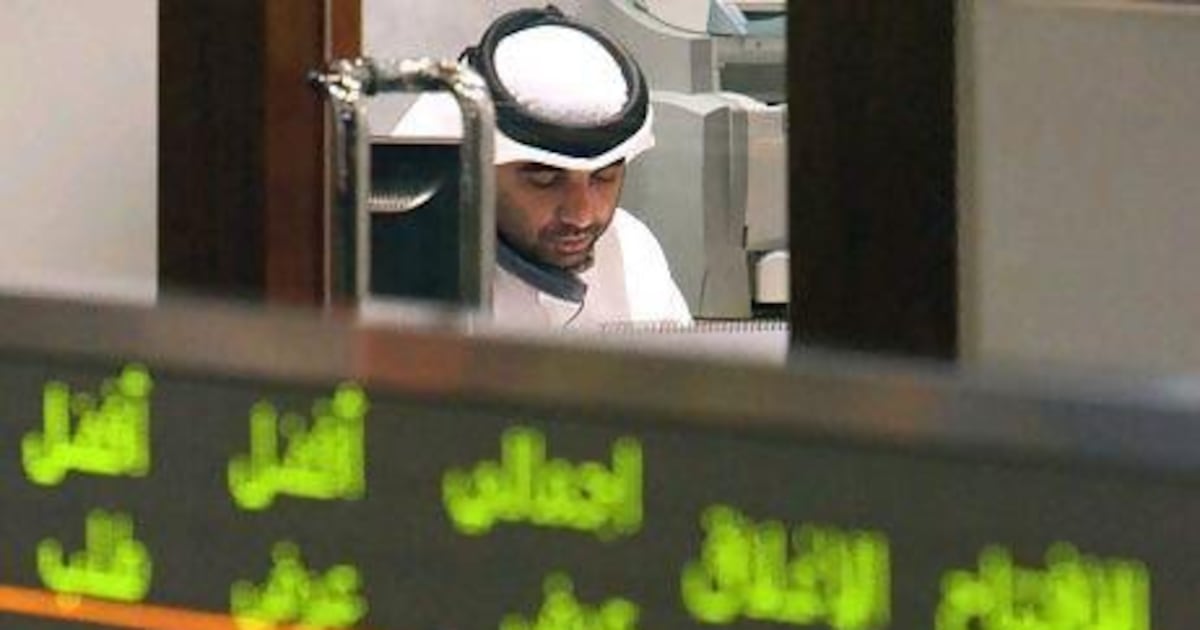Rising geopolitical rivalry and collapsing international law are together threatening global supply chains. This is pushing countries toward relocating their import/export networks to friendly nations that possess shared values – a phenomenon known as friendshoring. Due to the inherently far-sighted nature of their foreign policies, the Arabian Gulf countries are better positioned to leverage friendshoring than their western counterparts.
At the end of the Second World War, many European countries were exhausted from centuries of destructive conflict, including a period of every-man-for-himself trade isolationism during the interwar period. This made the idea of a supranational construct that manages critical production inputs – specifically, coal and steel – acceptable to intense geopolitical rivals such as France and Germany.
Anyone rejecting the idea of such co-operation due to the threat it poses to each country’s sovereignty needed only to scan the devastated cities and fields of Europe to appreciate the costs of excessive suspicion. The European Coal and Steel Community went on to function as the progenitor to the highly successful European Union, largely maintaining peace on the continent for more than 70 years and counting.
In 2025, a very different picture emerges. While a few countries have suffered deeply from violent conflicts, many people in high-income nations do not have a visceral sense of the destructiveness of war. The conscription and mass mobilisation of devastating conflicts such as the Second World War are something that young people read about rather than experience, spawning a sense of complacency alien to the weary European soldiers in the mid-20th century.
One consequence of this evolution is that countries are much more willing to disassemble the international system and act unilaterally than they were in the past. The disruptions to supply chains caused by Covid-19 and the Russo-Ukrainian war are inducing a sense of trepidation in the international community, with some countries fearful of being extorted by their major import and export partners. Accordingly, friendshoring is increasing in popularity, with two major poles centred on China and the US forming.
The challenge that many western countries are facing, however, is a substantive decrease in their ability to credibly commit to new trade partnerships. In particular, the acute polarisation of domestic politics in countries such as the UK and US is making foreign policy highly sensitive and volatile; this is in contrast to foreign policy’s traditional insulation from the political cycle.
The challenge that many western countries are facing is a substantive decrease in their ability to credibly commit to new trade partnership
This makes prospective trade partners cautious, lest their classification as a member of the “friend” group today be revised two years later once a new election takes place. After all, restructuring supply chains according to friendshoring is an expensive process with even higher costs should it need to be reversed due to a change in stance by a capricious economic partner.
In this regard, the Gulf countries possess a significant advantage. Their foreign policies are highly stable and predictable, with a 50-year track record affording them firm credibility in the relationships they forge. This has helped countries such as the UAE immeasurably when seeking to connect with like-minded international partners; the prospective friendshorer knows that the Emirates delivers on its promises. This factor no doubt helped in securing protectionist India’s difficult approval for the UAE’s free-trade agreement with the world’s most populous state.
A common riposte from western observers is that a fluctuating foreign policy is an inevitable cost of democracy; when people elect new leaders, they want a new diplomatic strategy. In fact, attributing foreign policy volatility to democratic institutions is largely a red herring, since the true culprit is domestic political polarisation.
This is most evident when examining the historical foreign policies of western countries prior to the new millennium. Despite regular changes in ruling party, diplomatic relations – including the list of friends and foes – were remarkably stable, with America’s relationship with countries such as Canada, Germany and Saudi Arabia illustrating the resilience of its partnerships.
In the post-9/11, post-global financial crisis, post-Covid environment of the 21st century, bipartisan institutions such as parliamentary committees and civil society begin to malfunction, turning elections into feast-or-famine for the different political parties vying for power. Upon securing control of the government’s executive branch, they waste little time in expressing their electorate’s disdain for the vanquished political adversary through a wholesale clear out of senior civil servants and a reformulation of key strategies, including foreign policy.
Accordingly, when a friendshoring western country invites a member of the Global South to join the club on the condition that it economically decouples itself from that western country’s geopolitical rival, the immediate response is a healthy dose of scepticism. The distrust is entirely warranted in light of the acute policy flip-flopping that many western countries have been engaged in, particularly during the past five years. US President Donald Trump’s withdrawal from the Trans-Pacific Partnership in 2017 clearly illustrates these fears.
Western volatility makes long-term partnerships uncertain, but the Gulf’s consistent foreign policy provides a trusted anchor. In a world unsettled by geopolitical rivalry and collapsing international law, this stability positions the Gulf to lead in forging dependable friendshoring networks.
